|
It is not our differences that divide us; it is our inability to recognise, accept and celebrate those differences.
Audre Lorde
Every human being on the planet is born an individual; there is not a finger print on a single hand that is the same. Yet, in 2018, we live in culture that holds a candle to conformity. When this becomes the dynamic, for those who are different, it can be a dangerous time to be on the planet.
Segregation, exclusion, judgement. But what is it to feel different? Perhaps you live with a disability: physical, sensory, psychiatric, neurological, cognitive and intellectual. Others may feel they stand out for entirely different reasons – race, ethnicity, religious belief, sexual persuasion. Even political beliefs can set someone apart. Whatever the reason a person stands out from the crowd, no one deserves exclusion. Everyone deserves to experience it’s opposite – inclusion. Misa Alexander’s middle son, Hugo, lives with mild autism and an intellectual disability. In the playground Misa would watch other children regard his behaviours – which included shrieking and spinning - with curiosity. She watched her son’s exclusion from play, from friendships. She saw a trajectory of exclusion spreading out before her son and a fire ignited within her. It started with a flyer in the pockets of all parents in Hugo’s pre-school. This is my son, she told them. This is how he may act throughout the day, and this is why he acts this way. It worked. The parents talked to their children and slowly, Hugo’s life of inclusion began.
But more was needed. She collaborated with author, Erin Knutt, and together they created Fergus and Delilah, which Misa illustrated. The book turned into a website, and the website became a tool kit that any school or educator can use.
Today Hugo attends a public school, and his mother is a full time Inclusion Advocate, not just for her son, but for anyone who stands out from the crowd. Surely all of us should seek to stand out? Stand out for what we believe, for who we love and for who are. Teach our children to celebrate difference in others as well as themeselves. Wouldn’t it be lovely to have Misa proudly declare that she’s out of a job? We think so.
Author and Podcast Producer: Kimberley Lipschus
1 Comment
In this episode of Pregnancy, Birth and Beyond, we are discussing Gratitude, Gathering and the power of storing positive experiences in building true resilience, a more positive outlook on life and a whole suite of additional benefits! Dr Lauren Tober, a Clinical Psychologist, Life Coach and Yoga Teacher based in the Byron Shire is with us in the studio, she is the founder of acclaimed photographic happiness project Capturing Gratitude and runs a heart-centred practice in Mullumbimby - the Centre for Mind Body Wellness, where a gorgeous array of practitioners supports individuals in the local community to lead a life of wholeness, happiness, health and authenticity. Listen to our celebration of World Gratitude Day, in the podcast below.
we must see that it is not happiness that makes us grateful, but gratefulness that makes us happy Join the Gratitude movement!
Capturing Gratitude is a global photographic happiness project founded by Clinical Psychologist Dr Lauren Tober, with the lofty goal of increasing worldwide happiness. The research is clear, a daily gratitude practice increases our physical and emotional health. And sharing our gratitude spreads the joy even wider. The idea behind Capturing Gratitude is simple. Pause throughout the day to take photographs of things you’re grateful for, then share them online to create a ripple effect around the world.
Dr Lauren Tober, a Clinical Psychologist, Yoga Teacher and Gratitude Photographer based in the small town of Mullumbimby Australia, stumbled upon gratitude photography by accident. After ditching her DSLR for her iPhone camera one day, Lauren started taking photos of things she was grateful for, just for fun. But Lauren felt the effects of this simple gratitude practice immediately. “I started radiating happiness almost right away” she says. “I thought gratitude photography would be a fun creative project, I had no idea the profound effect it would have on my own happiness and those around me!” And the research is backing up Dr Lauren’s experience. Robert Emmons, one of the world’s most prominent gratitude researchers has found that a short and simple gratitude practice has far reaching effects on both our emotional and physical health. In an early gratitude study, Emmons and McCullough asked hundreds of individuals to either record things they were grateful for, record hassles from their daily life or simply record any events that had affected them (2003)1. In a series of studies with hundreds of participants, they found that those who had been randomly assigned to the gratitude condition:
Not bad for a simple shift in focus! More recently, Rash, Matsuba and Prkachin (2011) found that grateful contemplation resulted in increased physiological coherence, suggesting increased activation of the parasympathetic nervous system (the relaxation response) and decreased activation of the sympathetic nervous system (the stress response)2. Their research indicated that being grateful reduces stress and increases wellbeing. All the gratitude research to date has confirmed what we already know, that counting our blessings is good for us, and those around us. Nobody sums this research up better than Brother David Steindl-Rast, who says “we must see that it is not happiness that makes us grateful, but gratefulness that makes us happy.” Tips for taking in the good with Rick Hanson.
Lauren and I discussed the work of Rick Hanson's on the podcast, below is a wonderful intro to what he is all about. His books mentioned were Resilient and Just One Thing. You can listen to Lauren's interview with Rick here and more like it on her website.
Consent is on everyone's lips. From media discussion about 'enthusiastic consent' in sexual encounters to medical requirements for 'informed consent', it seems pretty clear there is a problem with 'consent'. If consent was what mattered, we would not need to prefix it with a qualifier. Consent is about freeing someone of liability. To seek consent is to clearly express a desire for a particular action or outcome. The person seeking consent has the power position. They are placing someone in a position where it is known they are expected to consent. To not consent is to ‘refuse’ or ‘decline’. To not consent can be met with repeated asking – coercion – until consent is relented. It can also be met with increasing pressure and threats. In some situations consenting to ‘step one’ is treated as consent to any subsequent steps. In medicine, it is a legal requirement to obtain ‘Informed consent’. The legal role of the person seeking consent is to provide full disclosure of the procedure…and any subsequent ones that may arise. In maternity care, this consent is often sort at the critical moment, under intense stress and pressure. The ‘informed’ component means “I told you what I was legally required to” not “you know all you need to know to decide what is right for you”. It does not mean all options were understood or available. When it comes to pregnancy and birth, it is possible avoid this situation. This means considering various possibilities in advance, and taking the time to look at the risks and benefits of different options and make an informed decision about the direction to go. So if ‘consent’ is requested it can be given as actual informed consent, or confidently declined knowing that the decision is valid and based on understanding. Reflecting on that, replace ‘consent’ with ‘decision’ and the implied yes is removed. The person seeking consent may still recommend, assume or prefer a particular outcome, but when framed as a decision the other possible outcomes become visible. With ‘consent’, only one outcome is spotlighted. This simple shift in language may just be the key to helping reduce birth trauma. Above image by Rawpixel on Unsplash.com.
|
Details
NE PLUS ULTRA
AuthorsThe authors of this segment are varied, each post will indicate the author of that particular post. For more information about our team, visit here Archives
February 2019
Categories |
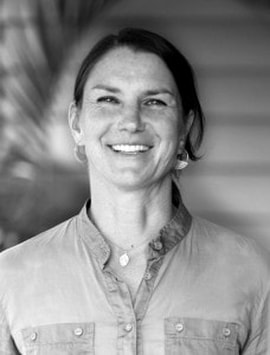
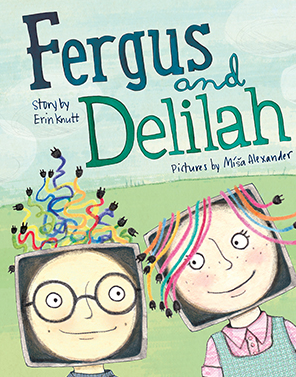
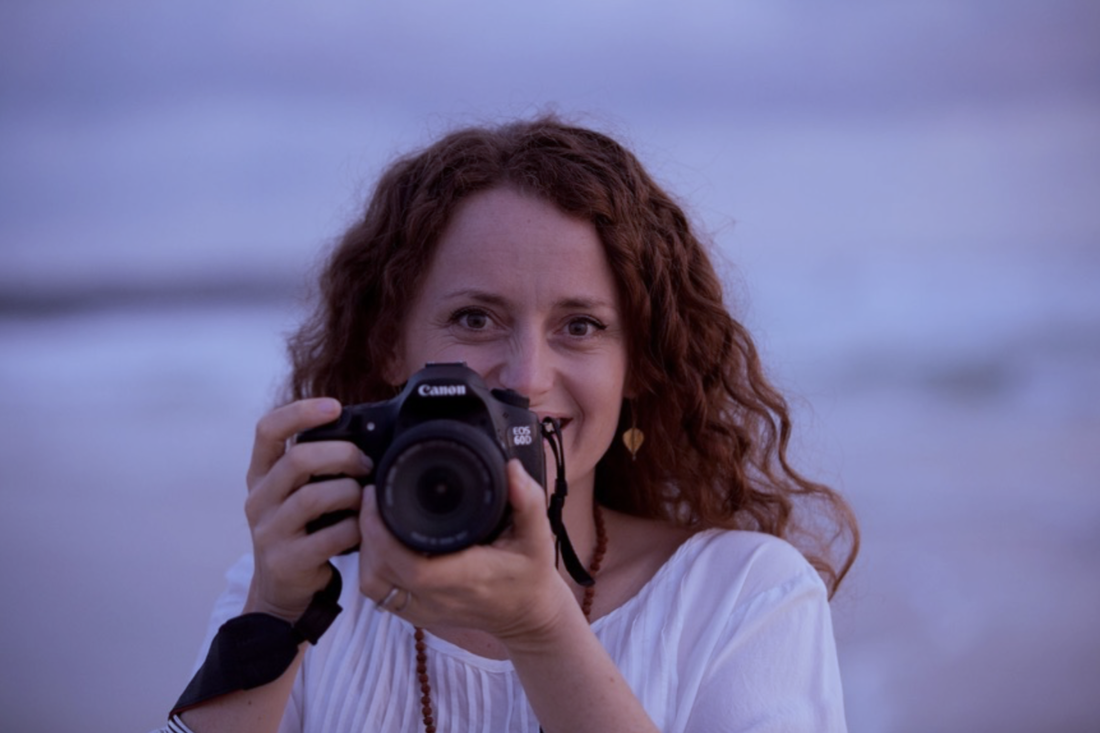
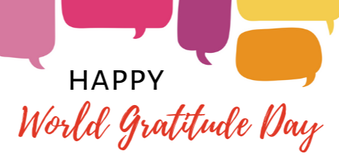
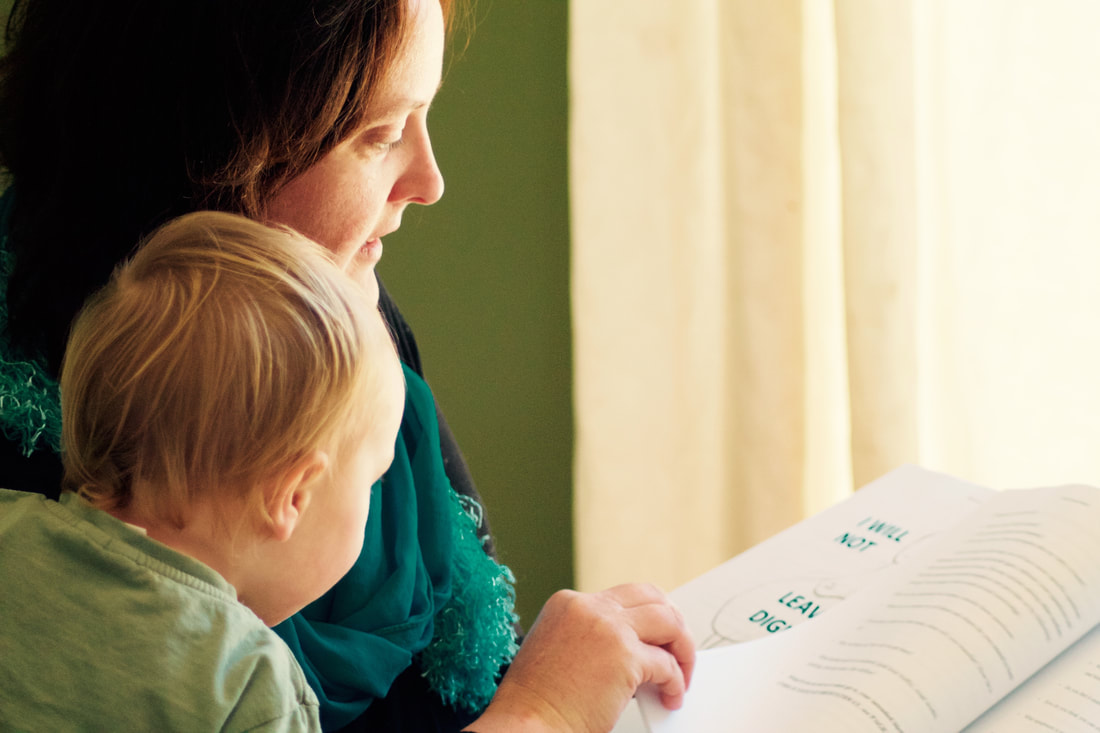
 RSS Feed
RSS Feed